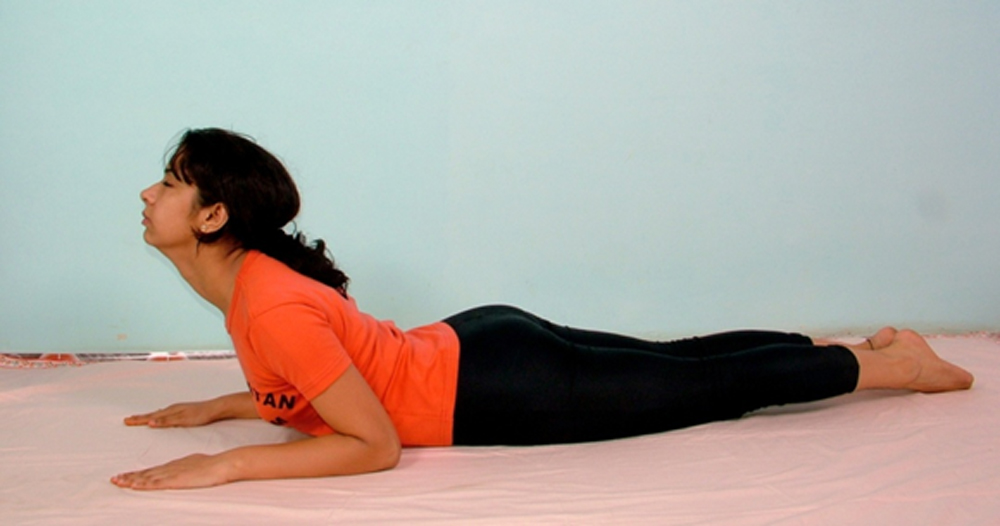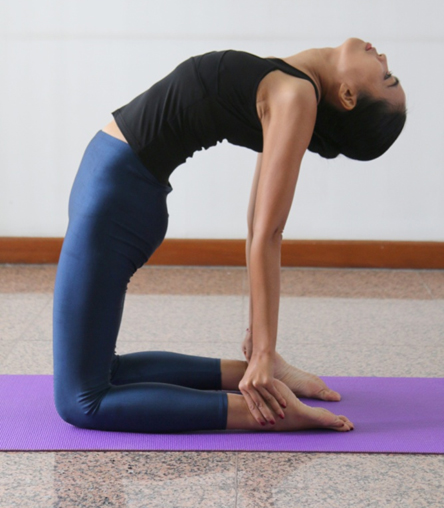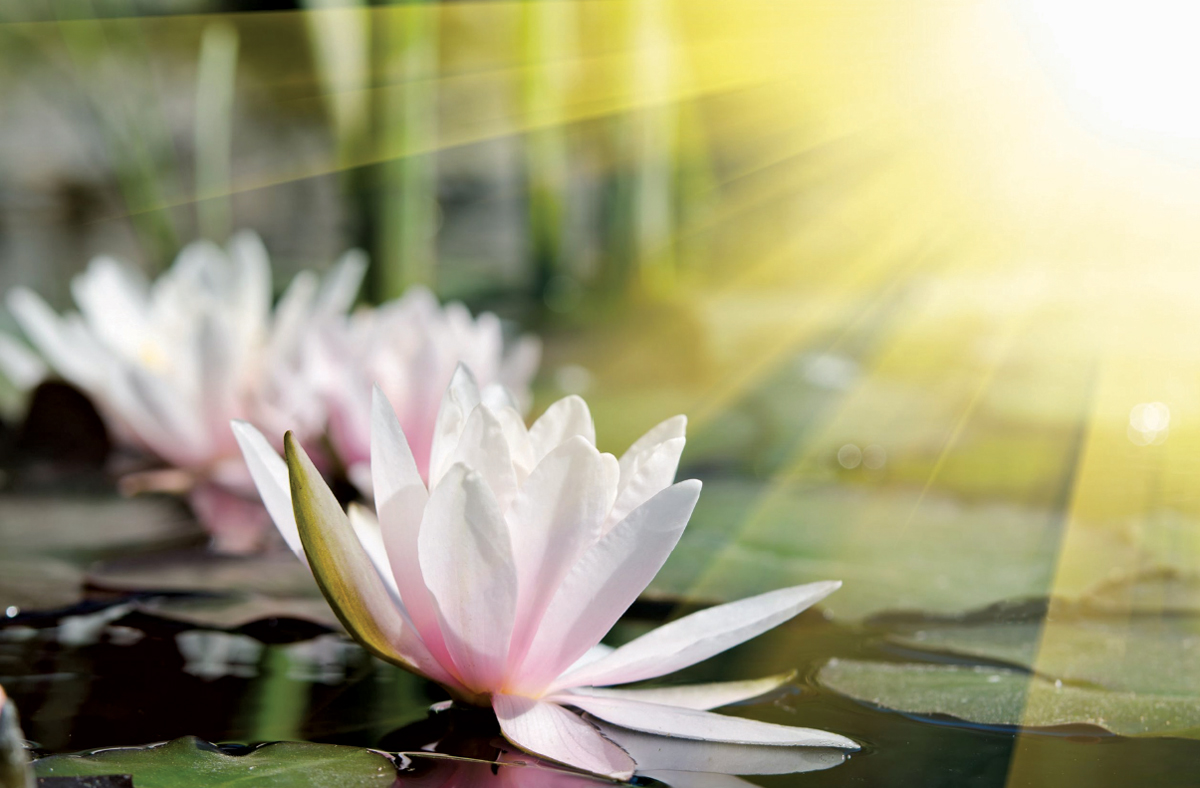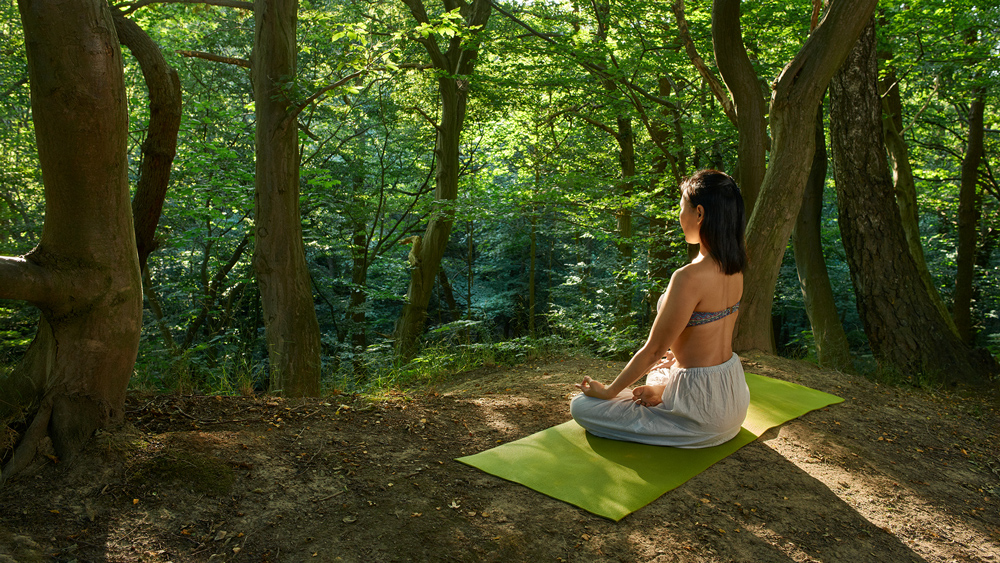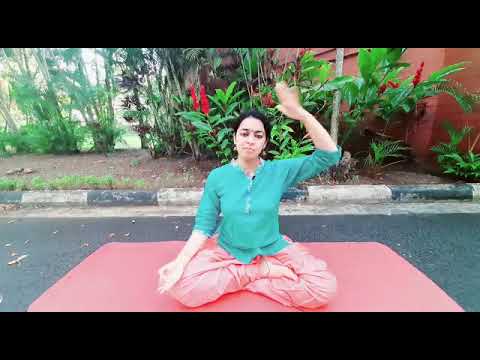It is not what happens to us in life that determines our happiness so much as the way we react to what happens. It is our outlook, our point of view, which makes us happy or unhappy.
We create our reality
On just having lost a school basketball match, David may decide that he now has the opportunity to identify his weaknesses and improve whereas his brother Robert may, under the same circumstances, decide to give up playing basketball altogether. Given the same situation, one person improves while the other quits.
One man sees disaster and the other sees opportunity. I may have simplified things a little here, but the fact remains that we decide on how we react in life and even if we lose control, that is a decision that we make. We choose to be happy or not. It all starts from the innermost parts of our mind.
Choose happiness
Being happy is not always easy, though. It can be one of the greatest challenges that we face. It can sometimes take all the determination, persistence and self-discipline that we can gather. Maturity means taking responsibility for our own happiness and choosing to concentrate on what we have, rather than on what we do not have.
We are necessarily in control of our own happiness, as only we decide the thoughts we think. No one else puts thoughts in our mind. To be happy, we need to concentrate on happy thoughts. How often, though, do we do the opposite? How often do we ignore the compliments that are paid to us yet dwell on unkind words for weeks afterwards? If you allow a bad experience or a nasty remark to occupy your mind, it is you who will suffer the consequences.
I remember, when I was about twenty-five years old, I asked myself, “If you are going to be a really happy person some day, why don’t you start now?” That day I decided to be a whole lot happier than I had ever been before. I was stunned. It actually worked! I then began to ask other happy people how they came to be so happy. Invariably, their answer reflected my own experience. They would say, “I had enough misery, heartache, loneliness and finally I decided to change things”.
Remember, we choose our own state of mind, our happiness or unhappiness.
Whether we are students preparing for a tough examination or teens coping with the stress of growing up, the amazing fact is that we have brought this strain upon ourselves rather unconsciously. We choose our own state of mind, our happiness or unhappiness. And often, we don’t choose deliberately.
How do we change?
Awareness is the practice of staying awake moment to moment; to be fully present and available to every moment; to choose deliberately. Creating this state of awareness is the first step towards becoming happy and living a life of freedom. The more aware you become, the greater your control over your life grows, and vice versa.
Your awareness in the moment can change each challenging life situation into a new beginning for you. Practising awareness leads to real inner change, and this is similar to being in charge of your own happiness, freedom and destiny.
Remember that as you increase your state of awareness, you attract higher events and opportunities into your life.
Here are a few practical ways that will help you reclaim your happiness and freedom.
Step 1
Accept responsibility of your life-experience and everything in it
Whatever you experience in your life, that is, whatever happens in your life, and the way you feel and react towards it, is a direct expression of who you are. At the deepest level, everything occurring in your life-experience is the result of your own desires, choices, actions and reactions. Accept full responsibility. Exercise control over what your life is now and what you want it to be. Resolve that just for today you will not get angry, not worry, and will remember to count your blessings, no matter what life brings.
Step 2
Release all resentments and blame
If you truly accept responsibility for your life, you spontaneously release all blame and resentments. It’s important for you to see that holding on to some hurt or hatred over what others may have done in the past makes you their slave in the ‘‘here and now’’.
Step 3
Refuse to have a short-term vision
Simply drop any desire, thought or action that promises short-term, temporary or instant rewards at the expense of a more permanent conflict. Choose to be whole. Begin by consciously refusing to make any compromises in your hunt for happiness.
Step 4
Become comfortable with insecurity
Anyone in life can do what everyone else does, which is nothing ‘‘extraordinary”. Do more than you think you can; take the step you think you can’t. Dare to leave security and comfort behind. The limits you have known are the ones you are secure and comfortable with. The ones you still have to explore are the ones that make you insecure and uncomfortable. See this. Then start going beyond your known self.
Step 5
Lighten up
The heart feels heavy when each and every thought and emotion is taken seriously, as a permanent reality. Remember that your true nature is neither thought nor emotion, rather a pure, free and light spirit. Look at every moment of life through its eyes.
Step 6
Face your own fears
There is really no such thing as external fear; all of it exists only within you, as a result of one or the other reason. So the next time you start to feel fear, don’t look outside you for the reason, look inwards. It’s the inner ground you’re standing on that isn’t stable. Any fear or weakness faced by looking in this new direction becomes the foundation of a new strength. Fear comes, face it. Fearlessness follows!
Step 7
Do what is right regardless of the results
To choose and do what’s right for you, in spite of fearing the end results that choice may bring, is the same as giving yourself a fearless life. What you are afraid of losing can never be the source of your fearlessness. Do what’s right, regardless of the fear or the results. All you can finally lose is your fear.
The more aware you become, the greater your control over your life grows, and vice versa.
Step 8
Follow your passions
Put what you love first, above all. The rest of your life will take care of itself once you do this because love always finds a way. Love never considers fear. And with love as your guiding light, your success in life is assured because you have tremendous interest and enjoyment in all that you do. If you love what you do at all times, how can unhappiness ever enteryour life? This leads on to a Zen story that could well explain why the Laughing Buddha is forever happy. The Laughing Buddha had no desire to call himself a Zen Master or to have a following. Instead, he was quite content walking about the streets with his sack full of all kinds of goodies. These he would distribute to the children who would gather around him.
Once a Zen Master asked him:
“What is the significance of Zen?”
The Laughing Buddha put his sack on the ground.
The Master then asked him:
“What is the actualization of Zen?”
The Laughing Buddha, once again, gave no verbal answer. He just smiled, picked up his sack and continued on his path.
The message from the Laughing Buddha was simple – what is the essence of wisdom? To keep down the load and be free.
And how do you live this wisdom? You pick up the load and live your life happily (because you now have the wisdom of how to be free and happy).
Remember, a happy teen is one who knows that there are options and always chooses the happy one.

